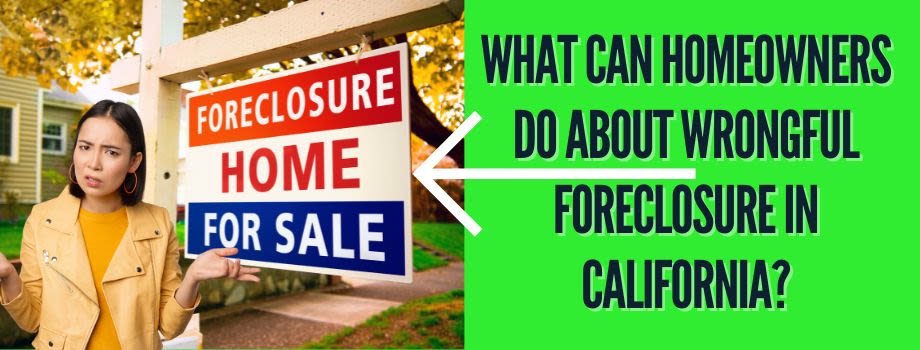
Avoid Foreclosure at All Costs: Protect Your Equity and Financial Future
It is widely known that losing a property to foreclosure can devastate your credit for years to come, often worse than a bankruptcy. But beyond the credit damage, many homeowners don't realize the significant financial loss they face if their property goes into foreclosure, particularly if they have equity in their home.
Understanding the Financial Impact
Even if your property is “upside-down” (owing more on the loan than the home is worth), many homeowners have substantial equity. Equity is the amount your home is worth above all mortgages and other secured credit. If your property goes into a nonjudicial foreclosure auction and has equity, any surplus after paying off the lender is held by the foreclosure trustee. However, the reality of foreclosure often reveals two harsh truths:
Properties typically sell for much less than expected at trustee sales.
Banks can erode your equity with fees, interest, and costs throughout the foreclosure process.
The result? Homeowners with equity who don't promptly sell their home or reinstate their loan can lose tens of thousands of dollars.
Options to Stop Foreclosure
While homeowners with significant equity have more options to stop foreclosure, such as obtaining a high-interest “foreclosure loan” to reinstate the defaulted loan, equity can also hinder your ability to get a loan modification. Additionally, once the loan enters foreclosure and a Notice of Default (NOD) is recorded, the mortgage servicer will start adding fees and costs that quickly eat away at any equity.
Act Quickly to Protect Your Equity
If you have significant equity but can't reinstate the loan, it's crucial to list the property for sale immediately. Starting with a lower price might be better to attract buyers quickly and avoid escalating fees. Once a buyer is found, any proceeds over the necessary amount to pay off the senior mortgage(s) and associated costs will be paid to you by the escrow company.
Foreclosure Auction Outcomes
Unfortunately, if you can't use your equity to qualify for a loan or sell the house, the chances of receiving surplus proceeds from the foreclosure auction are slim. The lender often bids the amount owed, leaving nothing for the homeowner. If a third party bids more than the owed amount, you may be entitled to the surplus. However, it's crucial to keep track of the auction outcome yourself, as notifications may be lacking.
Immediate Steps to Take
To preserve your equity and avoid foreclosure:
Sell the home.
Reinstate or pay off the loan.
File for bankruptcy (typically Chapter 13) as soon as possible.
If foreclosure is imminent, it's not too late to save your home. Contact a foreclosure defense law firm like Gomez Law, APC, which can file a lawsuit and restraining order quickly or initiate a bankruptcy to halt the process.
Contact Us for Help
Gomez Law, APC specializes in last-minute foreclosure defense and has saved many homes from foreclosure. Call now to set up an in-person consultation with one of our attorneys at (855) 219-3333. Time is of the essence.
Gomez Law, APC is a full-service real estate law firm representing homeowners and tenants throughout Southern California. This article is for informational purposes only and should not be considered legal advice. Laws may have changed since publication. Consult with a foreclosure defense real estate attorney for advice on your specific situation. Attorney advertising.
Please call our office to be connected with a member of our intake team, or fill out our intake form by clicking here.
